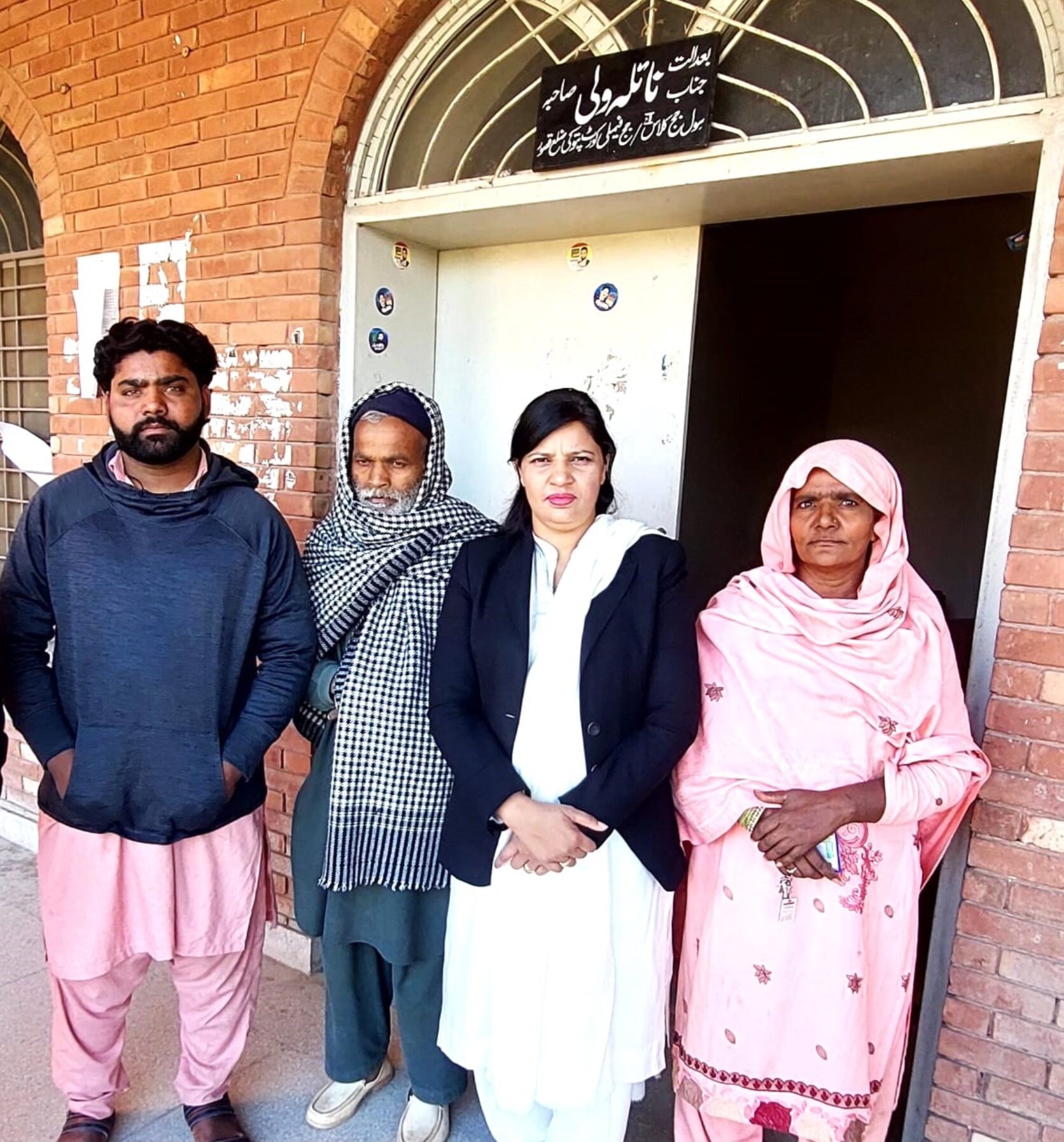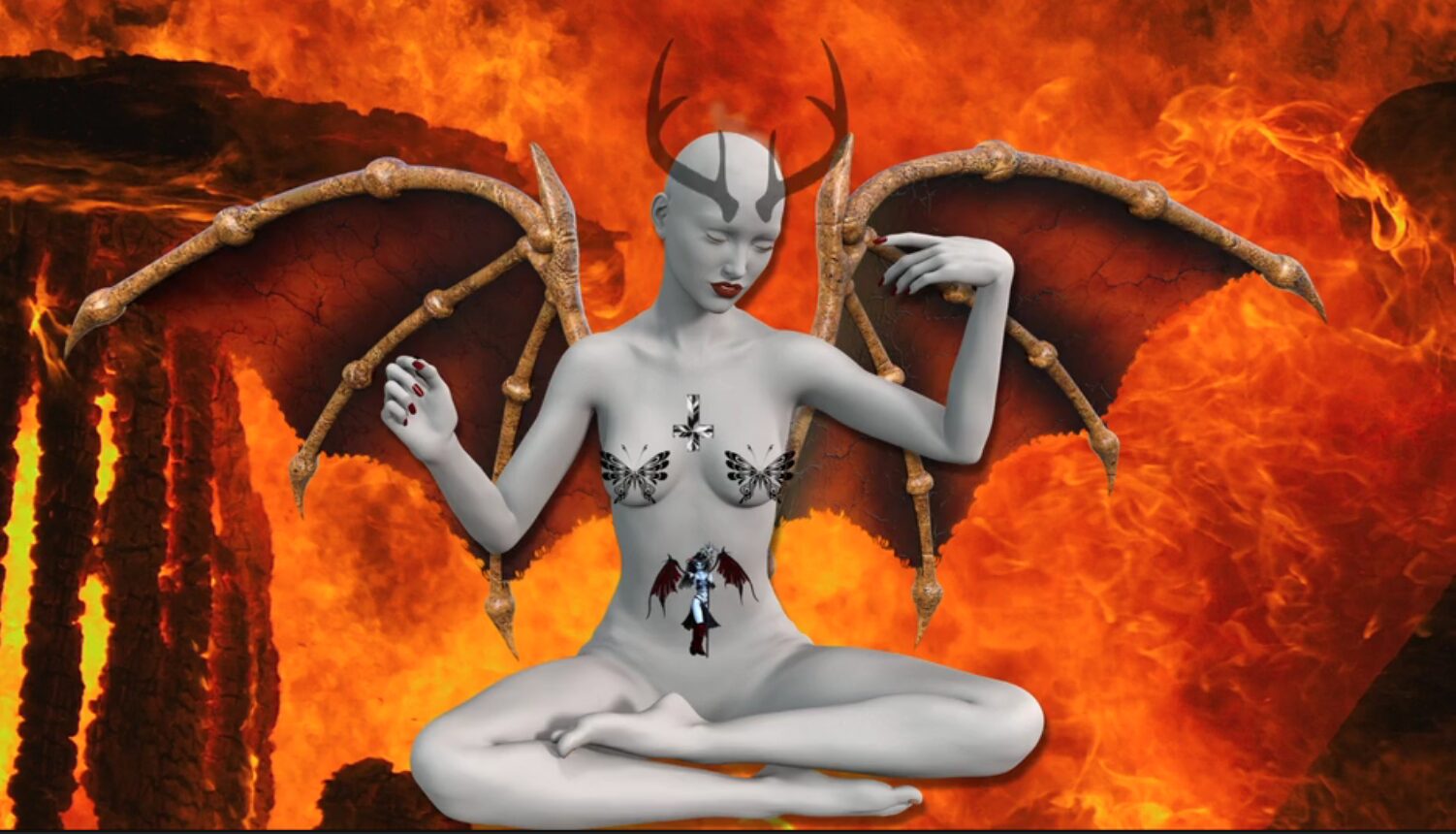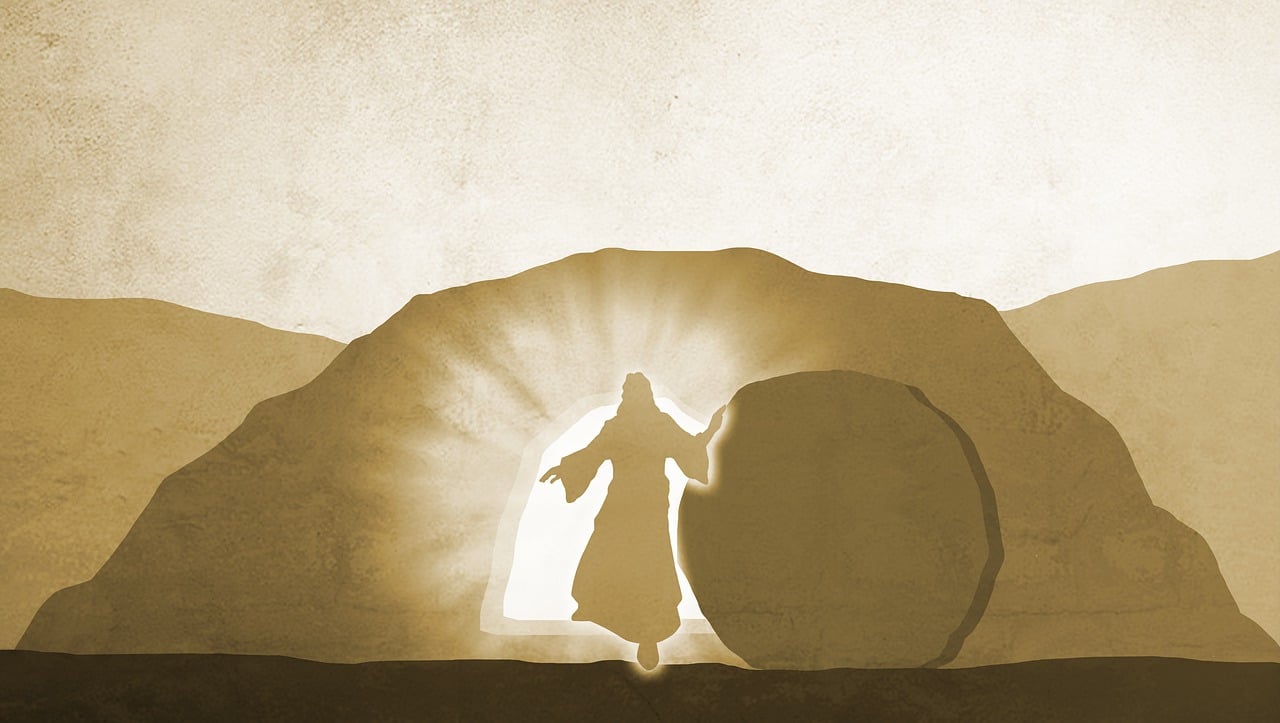Lahore, Pakistan: A court in Pakistan denied a Christian victim of fake conversion to change the religious designation of Islam and the Muslim name that his Muslim employers fraudulently registered on his National Identity Card, sources said.
Pattoki Civil Judge Mian Usman Tariq’s May 18 verdict states that Islam believes all individuals are born Muslim, but societal and parental influences lead them away from the correct path.
“Therefore, when someone accepts Islam, they are considered to be reverting to their original condition. Islam prohibits the use of force against anybody to make them convert.”
Attorney Sumera Shafique had filed Masih’s petition in September 2022 after officials at the National Database & Registration Authority (NADRA) in Pattoki Tehsil of Kasur District, Punjab Province, refused to accept his pleas to correct his religious designation to Christianity on his national identity card and to change his name from Muhammad Sufyan to Sufyan Masih.
Shafique claimed that in 2020, when Masih and his family were employees of Asif Ali’s Muslim-owned brick kiln, the Christian’s relatives approached her, asking for help in rescuing Masih from Ali’s illegal custody.
“Ali had refused to give Masih back to his family, saying that the boy had converted to Islam and that he had adopted him as his son,” Shafique told Christian Daily International-Morning Star News. “I filed a petition for his recovery and reunited him with his parents.”
Officials from NADRA reportedly informed the Christian family that Masih’s name appeared as Muhammad Sufyan in the national database.
“When we investigated, it came to the fore that the kiln owner had gotten Sufyan’s identity card made in 2018 showing him as a Muslim, ostensibly to preempt any move of his parents to recover him,” Shafique said.
“Sufyan told us that a NADRA mobile van had visited the kiln during a campaign to make computerized identity cards for kiln workers, where his employer had fraudulently gotten his thumbprints on the registration form and photograph.”
She said that Masih and all his family members, including his parents and siblings, were illiterate and could not read or understand the form.
By asserting his Christian identity and claiming unfamiliarity with the form, Sufyan challenged the NADRA officials’ statement that his name and religion were unchangeable. “Despite this, NADRA officials declined to acknowledge his assertion and asked them to leave.”
The attorney said that during the proceedings, she submitted documentary evidence, including his baptism certificate, and presented Masih’s Christian parents in court as evidence of his Christian upbringing.
“Most importantly, Masih himself told the court that he continued to practice his Christian faith and was not a Muslim,” she added.
The Muslim cleric who had allegedly issued Masih’s conversion certificate did not appear in court despite several notices, Shafique said.
She said the bailiff told the court they couldn’t find the cleric, and the seminary mentioned on the conversion certificate had disappeared.
“This was clear evidence of the dishonesty behind the alleged religious conversion, yet the court ignored it.”
The attorney informed the court that NADRA violated its policy by failing to seek a mandatory undertaking from the applicant when registering his alleged new religion. Masih’s parents are Christians, and their official record confirms this.
She claimed that instead of relying solely on the fake certificate, the NADRA officials ought to have requested the mandatory undertaking regarding religious conversion when Masih’s Muslim employers were creating his NIC (National Identity Card).
During that time, Masih was still very young and not quite an adult yet.
According to NADRA’s CNIC registration policy, illiterate applicants who incorrectly state their religion may have their cases categorized as office faults.
As per NADRA, Masih’s name and religion are unchangeable, as he declared Islam as his religion in the registration form.
NADRA asserted that according to official policy, a Muslim cannot change his religious designation in the CNIC to any other religion, whereas people who convert to Islam from different faiths can get their CNICs amended.
Apostasy is considered a sin punishable by death under most schools of Islamic jurisprudence. Although Pakistan does not have a specific law prohibiting Muslims from changing their religion, apostasy can cause punishment under Section 2 of the country’s blasphemy statutes.
Under this section, “offending the religious” sentiments of any citizen group can result in a maximum sentence of two years imprisonment.
‘Right to Practice Any Religion’
As a signatory, Pakistan recognizes freedom of religion or belief as stated in various human rights instruments.
She said Article 18 of the Universal Declaration on Human Rights declares freedom of religion for everyone, including the freedom to change and practice it openly or privately.
Pakistan had additionally acceded to the International Convention on Civil and Political Rights, which guaranteed everyone the freedom to practice any religion or belief system they desired.
Pakistan has underscored that Article 20 of its constitution guarantees citizens the right to profess and practice their religion. However, the case of Masih highlights the denial of this fundamental right to non-Muslims. The appellate judge’s decision could challenge the civil judge’s ruling in the appellate court.
“Our situation is dire, and I was very optimistic about a positive outcome,” she said. “However, it appears that the judge was unwilling to withstand pressure from religious groups and passed the decision to his superior. Pakistan remains ranked seventh on Open Doors’ 2024 World Watch List as one of the most challenging places to be a Christian, just as it was the previous year.”











